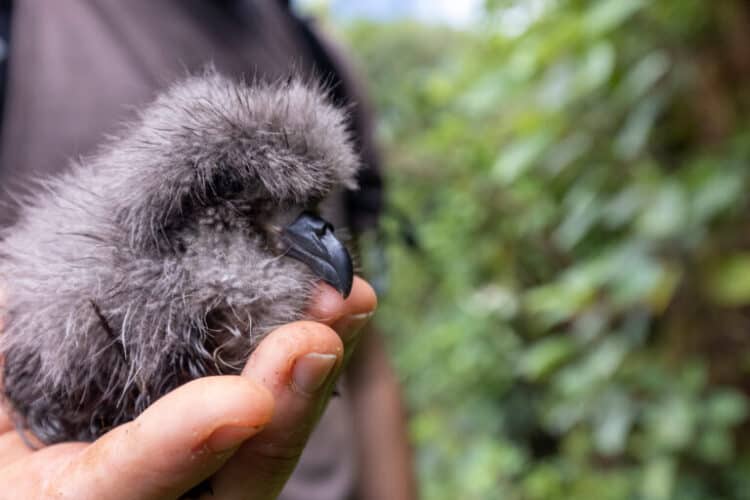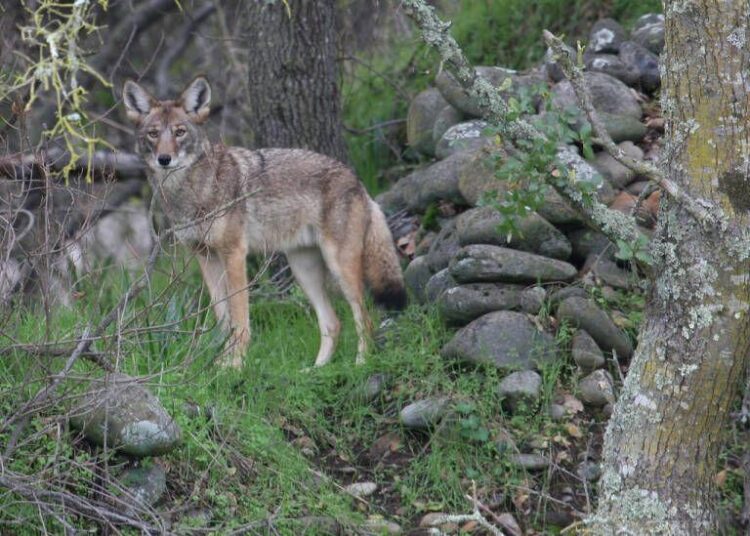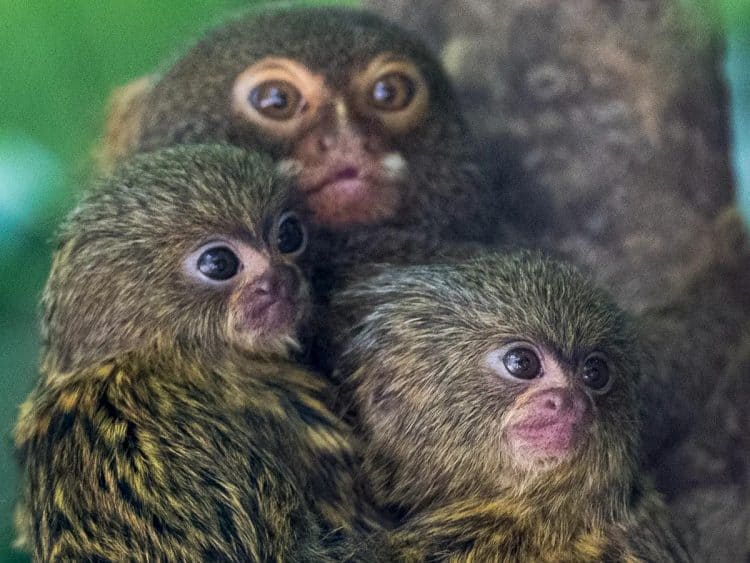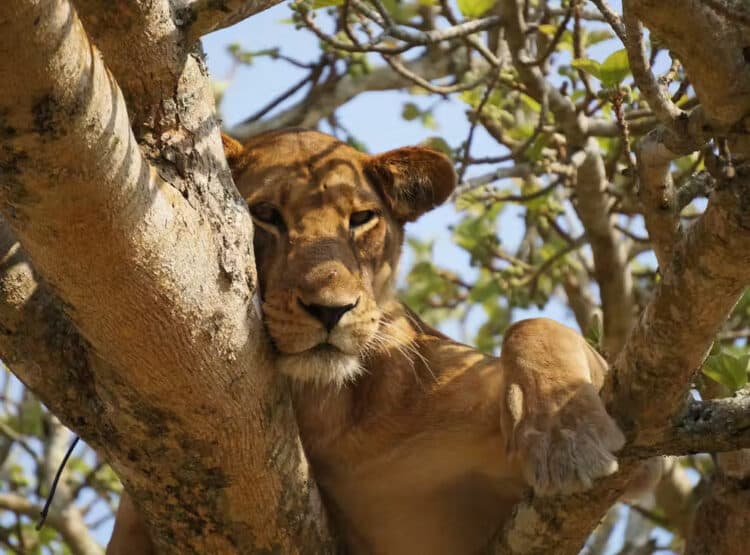Life as a wild animal is challenging: you have to run after your own dinner, find your own shelter from the elements, and learn to avoid any predators that might be interested in making a meal out of you. And then, of course, there’s us. Sometime we make life easier for our furred and feathery neighbors by providing them with food (whether deliberately or not).
And sometimes we cause them a lot of suffering: usually unintentionally, by carelessly discarding hazardous objects in their environment. In other words, by littering.
Every day the RSPCA receives an average of 14 calls about unfortunate encounters between wildlife and items of litter. Summer is the worst time and birds are especially vulnerable.
A great deal of pain and suffering could be avoided if we all at least remembered to put out discarded items into the nearest bin. Even better would be taking our litter home with us and recycling it responsibly.
Examples of the items which most routinely ensure vulnerable wildlife include:
*Cans
Discarded and empty cans may still be filled with enticing aromas, leading hungry wildlife to get stuck in the empty cans or injure themselves on the sharp edges. Clean your used cans and dispose fo them properly in recycling facilities.
*Fishing tackle
This is made to be sharp and potentially lethal so it should come as no surprise to hear that discarded tackle injures thousands of birds every year. They become ensnared or impale themselves on the hooks. If you are a fisherman, dispose of your tackle sensibly.
*Balloons
What goes up must come down. Once balloons have finished soaring through the clouds they pop and fall to earth, where luckless creatures may find, swallow and choke on them.
*Plastic bags
This notorious urban nuisance can suffocate or choke wild animals, so please dispose of your used plastic bags sensibly and responsibly.
*Glass
Broken glass is another frequent source of serious injury to our wild neighbors – and unbroken glass jars can entomb smaller animals. Please dispose of your jars properly and recycle your glass.
*’Elastic bands
Discarded plastic bands are both a choking and strangulation hazard for birds. Cut them before throwing them away: or better still recycle them.
*Chinese lanterns
These increasingly popular paper and bamboo haloween entertainments can travel for miles on the wind after being released, before like balloons, falling to the ground and trapping, entangling or choking passing birds or other wildlife. Think twice before choosing Chinese lanterns for your party.
What’s the biggest single thing you can you do to help? Recycle and reuse. Keep your discarded items out of the ecosystem altogether. The birds and the butterflies will thank you for it.
What you can do
Support ‘Fighting for Wildlife’ by donating as little as $1 – It only takes a minute. Thank you.
Robert Lovell
Robert Lovell is a writer and editor with a love of wildlife and a passion for environmentalism. He is based in the north of England but loves to travel.







Leave a Reply